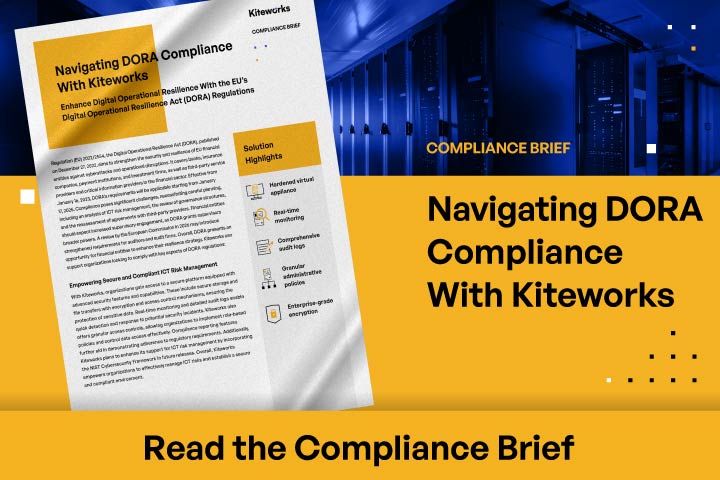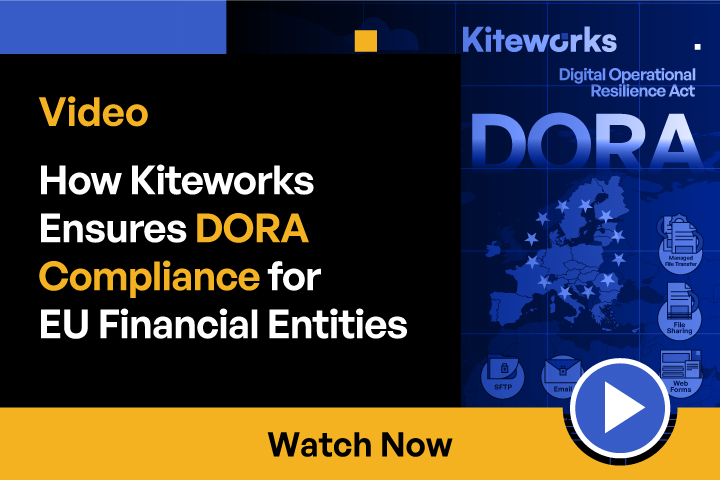Comprehensive ICT Risk Management
One of the primary challenges organizations face when complying with DORA is implementing a comprehensive ICT risk management framework. This involves identifying, assessing, and mitigating risks associated with information and communication technologies. Organizations must conduct thorough risk assessments, establish robust governance structures, and develop effective incident response plans. Ensuring the security and resilience of ICT systems requires significant investment in resources, expertise, and technology, which can be a daunting task for many organizations.
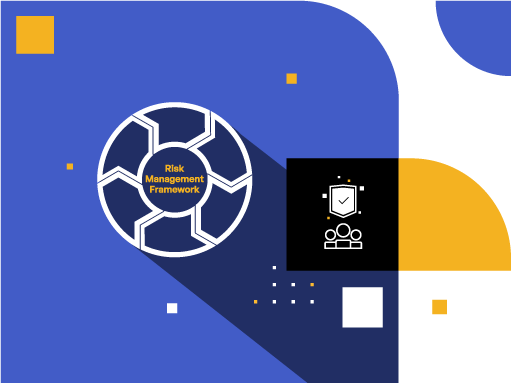
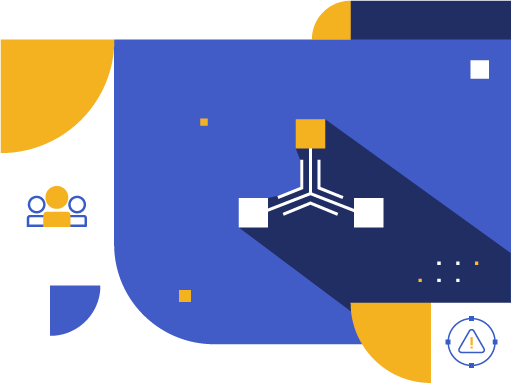
Third-party Risk Management
DORA’s requirements extend to third-party service providers and critical information providers in the financial sector. Managing third-party risk presents an enormous challenge for financial services organizations. Vendor risk management requires these entities to assess the security practices of their vendors, establish clear contractual agreements, and monitor their performance regularly. Only then can they ensure their third-party providers adhere to the same high standards of security and resilience as required by DORA.
Incident Reporting and Communication
Financial entities are required to promptly report significant ICT-related incidents to the relevant authorities. These organizations are typically challenged with establishing efficient incident reporting mechanisms, training employees to identify and report incidents, and ensuring timely communication with stakeholders. Nevertheless, these financial services organizations must have well-defined processes in place to detect, investigate, and report incidents, as well as to communicate effectively with affected parties and regulators. Failure to do so can result in noncompliance and potential penalties.


Continuous Testing and Monitoring
DORA emphasizes the importance of regular testing and monitoring of ICT systems to ensure their resilience and security. Organizations must conduct rigorous vulnerability assessments, penetration testing, and scenario-based resilience testing. This requires specialized expertise, tools, and resources, which can be challenging for organizations to acquire and maintain. Additionally, the ever-evolving nature of cyber threats necessitates continuous monitoring and updating of security measures, placing a significant burden on organizations to stay ahead of potential risks.

The Financial Services Solution Guide to DORA Regulation UK
Unlock your guide to Secure Data Communication Solutions for the DORA compliance era. As DORA goes live in 2025, financial services must be prepared to comply. Our guide covers key compliance trends and practical solutions for managing third-party risk. Understand how DORA fits into the broader compliance landscape and ensure your organization meets all requirements. Download now to stay ahead in the compliance reform era.
Navigate DORA Compliance With Kiteworks
Empowering ICT Risk Management
Kiteworks empowers organizations to effectively manage ICT risks. The Kiteworks platform provides advanced security features, including end-to-end encryption and access controls to ensure only authorized users have access to sensitive data. Real-time monitoring enabled by a CISO Dashboard and supported by detailed audit logs enable quick detection and response to potential security incidents. Visibility into all activity supports multiple data privacy laws and standards, including DORA’s ICT risk management requirements.
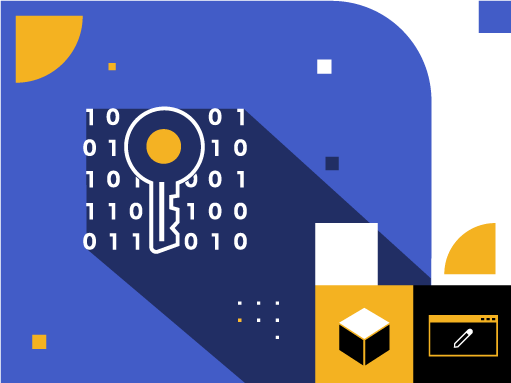

Comprehensive Third-party Protection
Organizations can safeguard their sensitive data, such as personally identifiable and protected health information (PII/PHI) and other critical data, across all third-party communication channels with Kiteworks. The platform provides comprehensive visibility, compliance, and control over data shared through email, file sharing, mobile devices, enterprise applications, web forms, SFTP, and MFT. Continuous monitoring and analysis of sensitive data, combined with granular administrative policies like access controls and enterprise-grade encryption, allow organizations to maintain robust cybersecurity measures when engaging with third parties. With Kiteworks, organizations can effectively mitigate third-party risks and demonstrate DORA compliance.
Real-time Monitoring for Incident Management
Kiteworks offers real-time monitoring capabilities and maintains detailed logs of data access, file transfers, and user activities. This enables organizations to swiftly identify and respond to potential security incidents, ensuring timely reporting and appropriate remediation measures. In the event of a security incident, Kiteworks provides a reliable record of activities that can be used to notify relevant authorities and affected individuals, as required by DORA. The platform’s comprehensive audit logs serve as valuable evidence during investigations and help organizations demonstrate their adherence to proper incident management practices.
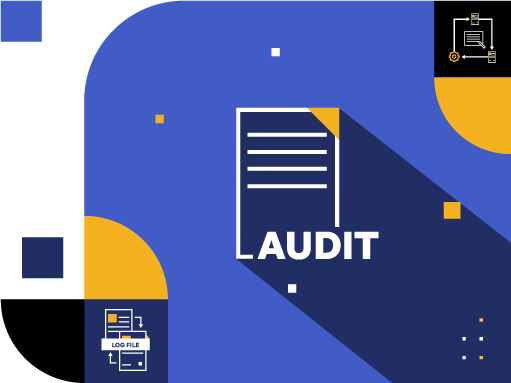

Strengthening Digital Resilience Through Testing
Kiteworks is committed to maintaining a secure environment and conducts thorough yearly audits to ensure proper execution of controls and mitigate security risks. The company performs state-of-the-art penetration tests for internet-facing vulnerabilities. By leveraging Kiteworks, organizations can support their own digital resilience effort. Kiteworks’ proactive approach to identifying and addressing potential security weaknesses enhances the overall security posture of the platform and its users.
Frequently Asked Questions
The Digital Operational Resilience Act (DORA) is a regulation requiring financial entities within the EU to enhance their cybersecurity and operational resilience. DORA compliance mandates robust risk management, regular testing and monitoring of systems, and immediate incident reporting to authorities to ensure these organizations can handle and recover from disruptions like cyberattacks and natural disasters.
DORA will be enforceable starting January 17, 2025. Financial entities will be required to implement comprehensive ICT risk management frameworks, reassess governance structures, and manage third-party risks. These efforts will require significant resource investment, careful planning, and continuous monitoring to ensure DORA compliance.
DORA compliance extends to third-party service providers and critical information providers in the financial sector. Financial services organizations must ensure that their third party partners adhere to stringent security and resilience standards, which involves assessing their security practices, establishing clear contractual agreements, and regularly monitoring their performance.
Under DORA, financial entities are required to promptly report significant ICT-related incidents to relevant authorities. They must establish efficient incident response mechanisms, conduct security awareness trainings on identifying and reporting incidents, and ensure timely communication with stakeholders. Failure to comply can lead to costly penalties.
DORA mandates continuous testing and monitoring to ensure the resilience and security of ICT systems. Financial entities must conduct rigorous assessments, including vulnerability and penetration testing, and resilience testing based on various scenarios. The evolving nature of cyber threats also requires these entities to continually update their security measures to mitigate risks effectively.
FEATURED RESOURCES

